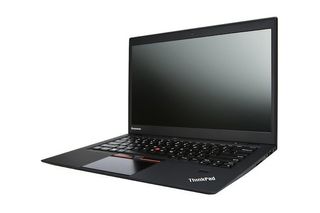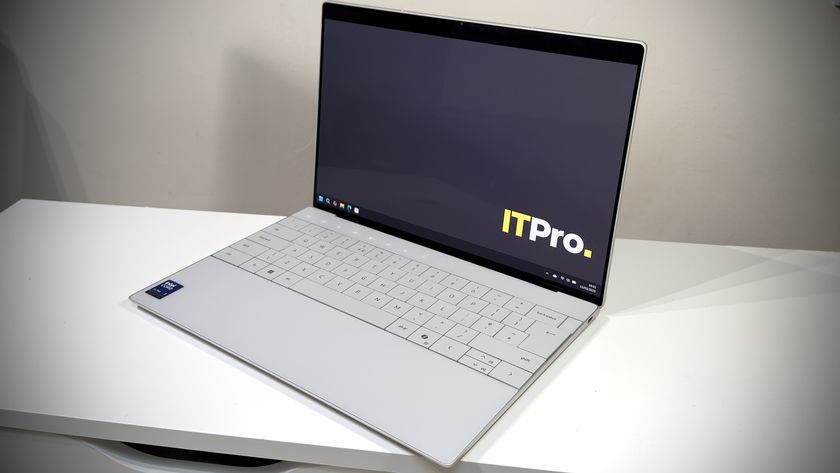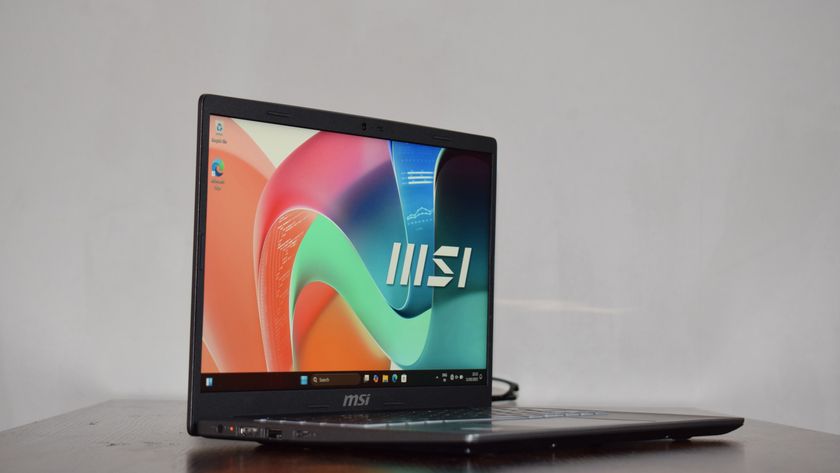Intel Ivy Bridge vs AMD Trinity head-to-head review
We compare the design, performance, business features, availability and price to see which chipset you should invest in.
Business benefits
With businesses increasingly relying on laptops and tablets, both Ivy Bridge and Trinity provide portability as well as performance.
Almost all of the chipsets needed to use Intel Ivy Bridge now support four USB 3.0 ports rather than two, and Intel has also introduced support for Thunderbolt for the first time - so this super-fast standard should begin to appear on devices without Apple branding. Ivy Bridge also now supports three screens running off one processor, and new Centrino Wi-Fi adapters support Bluetooth 4.0.
Intel Ultrabooks benefit from a set of exclusive Ivy Bridge features: these devices will be able to update your email inbox even while a laptop's asleep, and Intel Anti-Theft Technology can be used to remotely disable stolen devices. Intel vPro technology has been boosted too, with improved Identity Protection Technology to improve security in the workplace.
Although Trinity has some of its own features, its roster of business-specific additions can't compete with that of Intel. The firm has added AVX, AVX 1.1 and FMA3 instruction set support, but that's about it.
Winner - Intel - The chipmaker is still well ahead of AMD when it comes to management and security features.

Devices such as the Lenovo ThinkPad X1 Carbon Ultrabook will pack Ivy Bridge processors and vPro functionality
Availability
Intel has been flexing its marketing muscle as Ivy Bridge chips are being rolled out on laptops, desktops and every other billboard in the UK. The chip maker has also invested heavily in the Ultrabook form factor. These slim, attractive machines have launched as expensive consumer playthings, but prices have started to come down.
Get the ITPro. daily newsletter
Sign up today and you will receive a free copy of our Focus Report 2025 - the leading guidance on AI, cybersecurity and other IT challenges as per 700+ senior executives
There is a downside to the slimline specifications of an Ultrabook though. Many advanced features corporate users demand are missing - optical drive, removable batteries and fingerprint readers, for instance - but Ivy Bridge processors will also find their way into traditional notebooks and desktops too.
Intel offers a range of desktop Ivy Bridge chips. Consumers can choose from 21 processors ranging from low-end Core i3, mid-range Core i5 and high-end Core i7 chips. Businesses, meanwhile, can choose from eleven Xeon E3-branded parts, ranging from the 2.2GHz 1220L v2 to the 1290 v2, which runs at 3.7GHz and can Turbo Boost to a whopping 4.1GHz.
Mike Jennings has worked as a technology journalist for more than a decade and has been fascinated by computers since childhood, when he spent far too long building terrible websites. He loves desktop PCs, components, laptops and anything to do with the latest hardware.
Mike worked as a staff writer at PC Pro magazine in London for seven years, and during that time wrote for a variety of other tech titles, including Custom PC, Micro Mart and Computer Shopper. Since 2013, he’s been a freelance tech writer, and writes regularly for titles like Wired, TechRadar, Stuff, TechSpot, IT Pro, TrustedReviews and TechAdvisor. He still loves tech and covers everything from the latest business hardware and software to high-end gaming gear, and you’ll find him on plenty of sites writing reviews, features and guides on a vast range of topics.
You can email Mike at mike@mike-jennings.net, or find him on Twitter at @mikejjennings
















